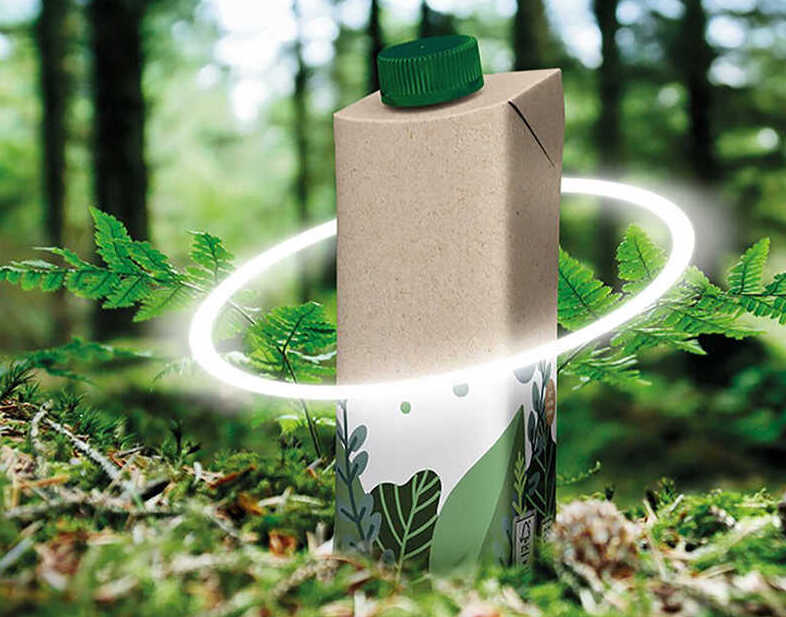SIG is committed to continuously improving its aseptic cartons by significantly increasing the fibre content to over 90%, making them more suitable for paper recycling. The company has set ambitious goals to develop a full-barrier aluminium-free aseptic packaging structure with a minimum of 90% fibre content by 2030, with an interim target of at least 85% by 2025.
One of the key strategies for SIG is to increase the FSCTM-certified (Forest Stewardship Council) fibre content in its aseptic cartons and expand its range of aluminium-free solutions. This approach supports the company’s vision of enabling carton packs to be recycled globally, particularly in regions with limited recycling infrastructure.
According to Samuel Sigrist, CEO at SIG, their carton packs already have low energy intensity, are produced using 100% renewable electricity, and predominantly consist of renewable resources sourced from the forest. The company aims to further increase the collection and recycling of cartons through existing beverage carton recycling systems and paper streams. By increasing the fibre content in aseptic cartons, SIG not only opens up more recycling opportunities but also aligns with the industry-wide trend towards utilizing more paper-based packaging materials. It is worth noting that SIG’s use of FSC-certified renewable paperboard ensures the promotion of responsible forestry practices and biodiversity conservation.
The growing consumer demand for sustainable packaging is a significant driving force for food and beverage companies to embrace more eco-friendly solutions. By prioritizing continuous improvement and sustainability, SIG aims to meet these demands while showcasing its commitment to creating a better future for packaging and the environment.




